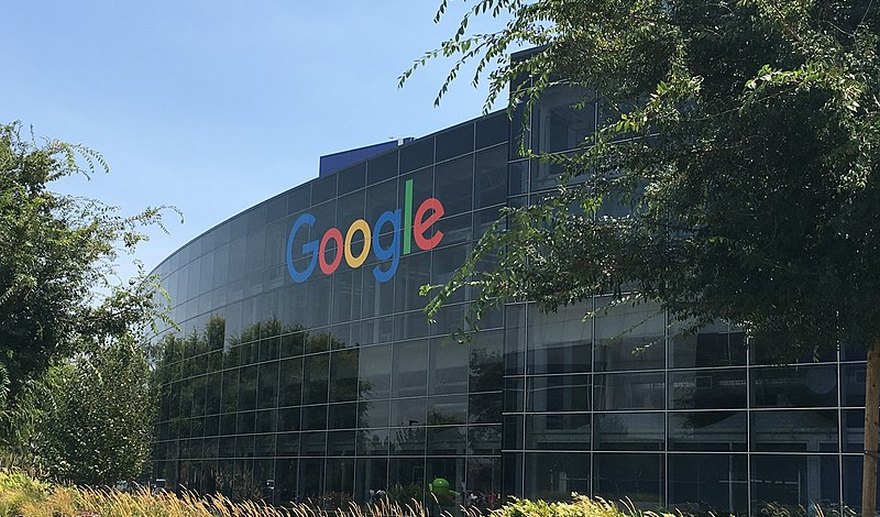Google is keeping cookies in Chrome, reverses decision after 4 years of pressure from advertisers and regulators

In a dramatic policy U-turn, Google is ending its plan to phase out third-party cookies in its Chrome browser. This decision comes after four years of intensive efforts, numerous delays, and fierce pushback from the advertising industry, as reported by the Wall Street Journal.
The decision to retain cookies, a widely used tracking technology, underscores the challenges Google faced in navigating the complex landscape of digital advertising and regulatory concerns. Both industry stakeholders and regulators expressed apprehensions about Google’s proposed alternatives to cookies, further complicating the company’s efforts.
The tech giant initially unveiled its ambitious plan to eliminate cookies in 2020, aiming to enhance user privacy. However, the initiative quickly ran into significant resistance from advertisers who rely heavily on this tracking technology to monitor user behavior and tailor ads accordingly.
The reversal is the latest chapter in a long saga marked by repeated setbacks. Both digital advertising firms and regulatory bodies have voiced strong objections not only to the removal of cookies but also to Google’s proposed alternative technologies.
“In a major reversal, Google is ending a plan to eliminate cookies in its Chrome browser after four years of efforts, delays and disagreements with the advertising industry,” the Wall Street Journal reported.
The announcement also comes less than a year after Google reaffirmed its commitment to disable cookies for 30 million users, or 1% of Chrome’s user base, starting January 4. This was to be the first step in the company’s Privacy Sandbox initiative, which seeks to develop new, more privacy-conscious tracking methods.
For nearly three decades, third-party cookies have been a cornerstone of the digital advertising ecosystem. These tiny pieces of code track users across the web, enabling advertisers to serve personalized ads based on browsing history. While this has proven lucrative for advertisers and tech companies, it has also raised significant privacy concerns. Users often find themselves followed by ads for products they viewed weeks ago, a direct result of third-party cookie tracking.
Google’s decision to maintain the status quo underscores the complexity of balancing user privacy with the economic realities of the digital advertising industry. As the debate continues, the future of online tracking remains uncertain, with all eyes on how Google will navigate this contentious issue moving forward.




